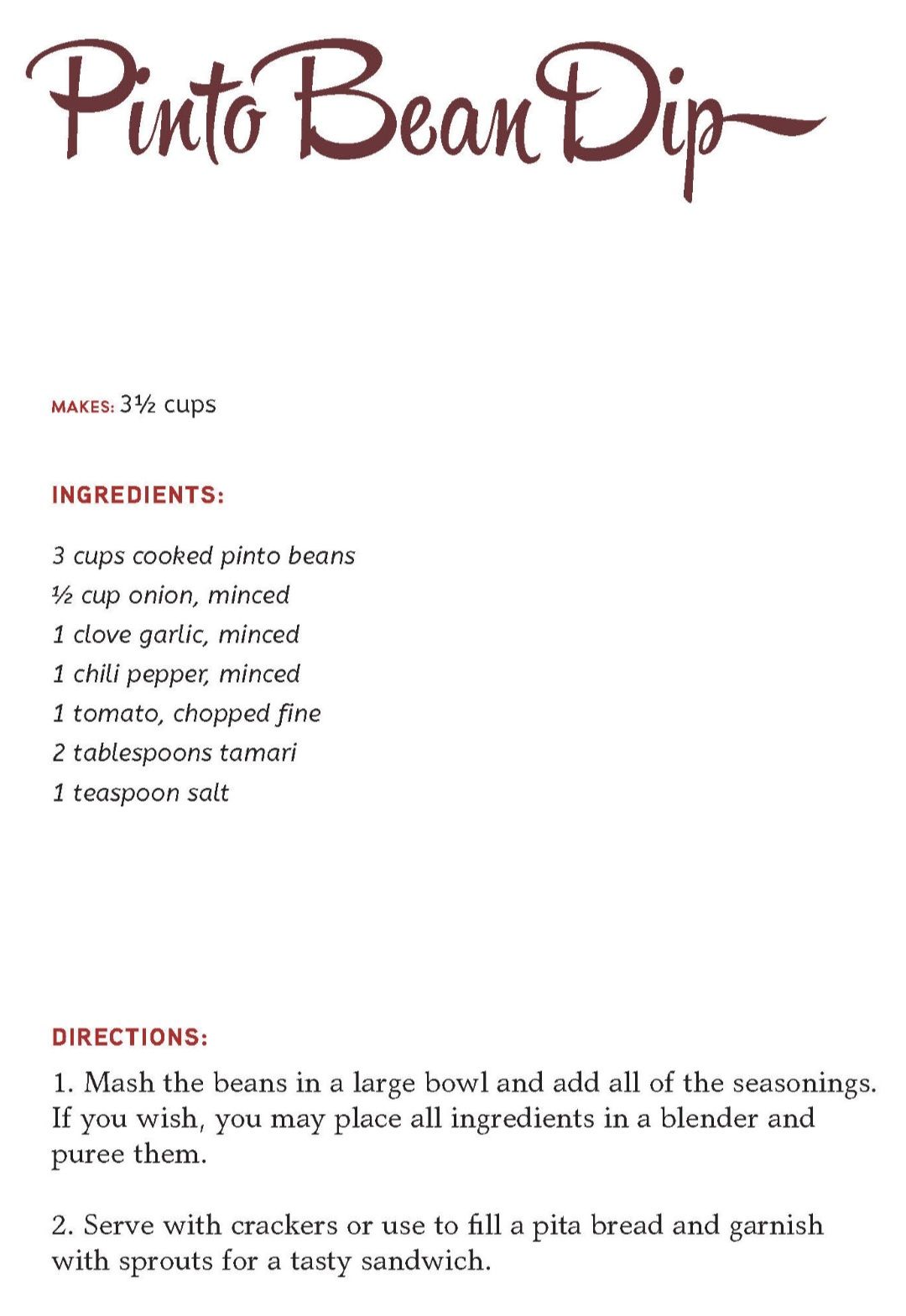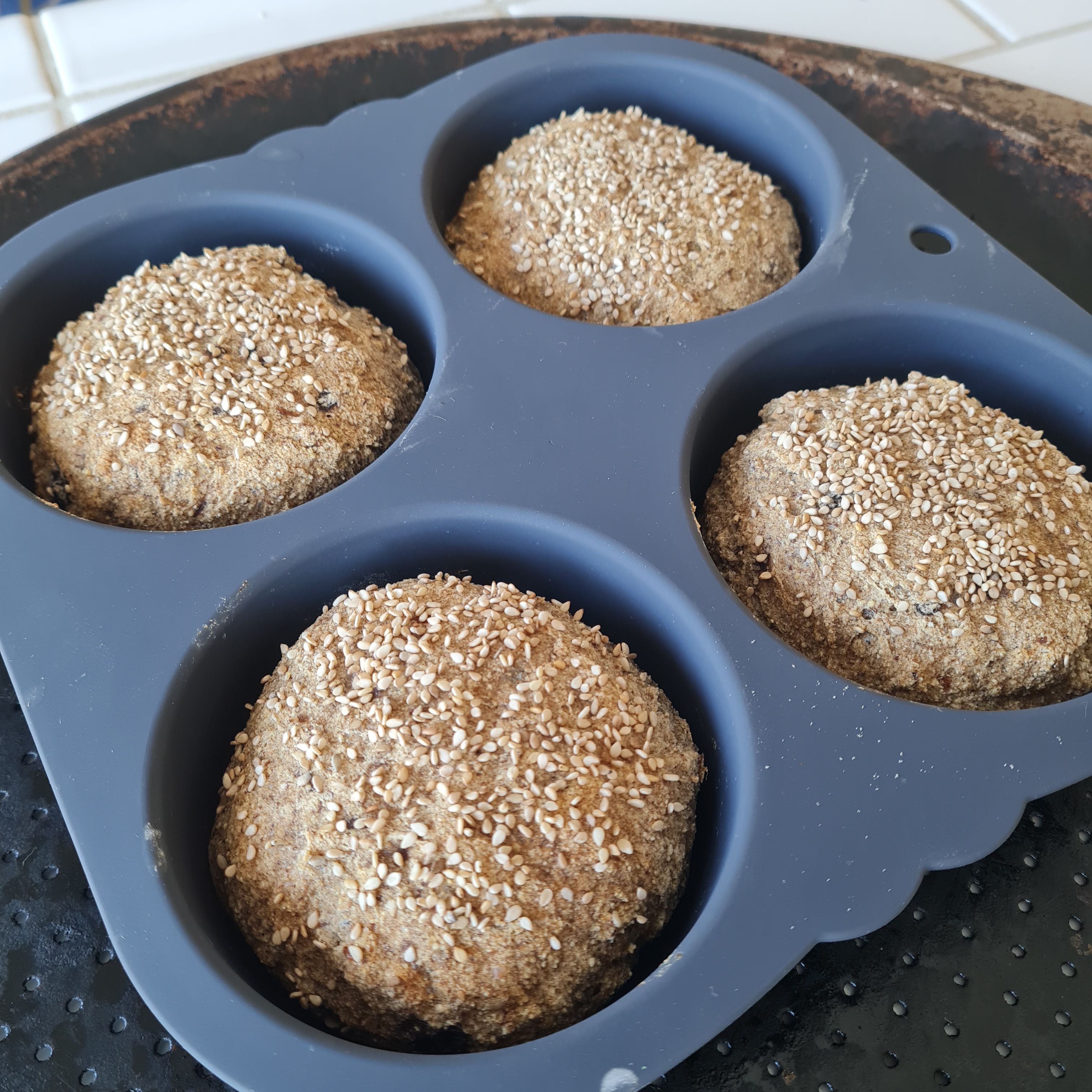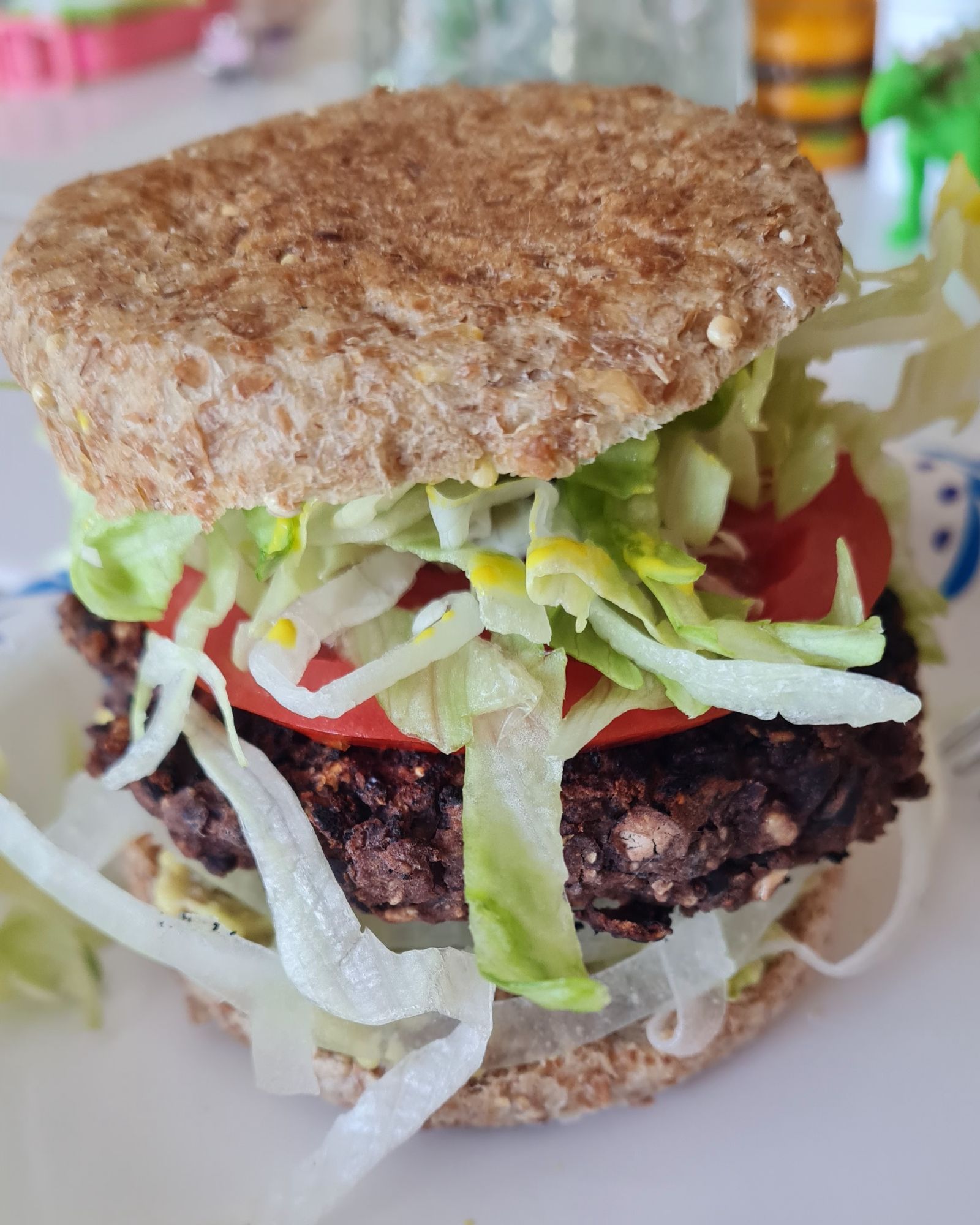Types of carbohydrates: 6 groups, 3 of which will be important to you.
1) Unrefined, Unprocessed Carbohydrates
Examples of these foods include intact whole grains that we consume in their intact form (such as brown rice, oats, quinoa, millet, buckwheat, wheat berries), starchy vegetables (such as sweet potatoes, yams, corn, peas, potatoes, winter squash) and legumes (such as beans, dried peas and lentils).
2) Unrefined, Processed Carbohydrates Low in Calorie Density
Examples of these foods include whole grain pasta, including pastas made from whole wheat, brown rice, corn or buckwheat.
(The reason these foods are low in calorie density is that, during the cooking process, they absorb a large amount of water back into their structures, which lowers calorie density.)
3) Unrefined, Processed Carbohydrates High in Calorie Density
Examples of these foods include whole grain bread, whole grain bagels, whole grain crackers and whole grain dry cereal.
4) Refined Carbohydrates
One example is white rice. While these foods are low in calories and low in calorie density, they have had most (if not all) of their fiber removed; in addition, they lose many valuable nutrients in the refining process. Always choose the whole grain.
5) Refined, Processed Carbohydrates Low in Calorie Density
One example is pasta that has been made from white flour.
While these foods are low in calories and low in calorie density, they have had most (if not all) of their fiber removed.
6) Refined, Processed Carbohydrates High in Calorie Density
Examples of these foods include breads, bagels, crackers and dry cereals that have been made from white flour.
These foods have had most (if not all) of their fiber removed and they lose many valuable nutrients in the refining process.
*******
NOTE: Types 1, 2 3 are best. Refined carbohydrates and refined processed carbohydrates, regardless of their calorie densities (types 4 5, 6), are not recommended and should be minimized, if included at all.
Read more here:
https://www.drmcdougallforums.com/viewtopic.php?f=22&t=20368&p=193127#p193127


